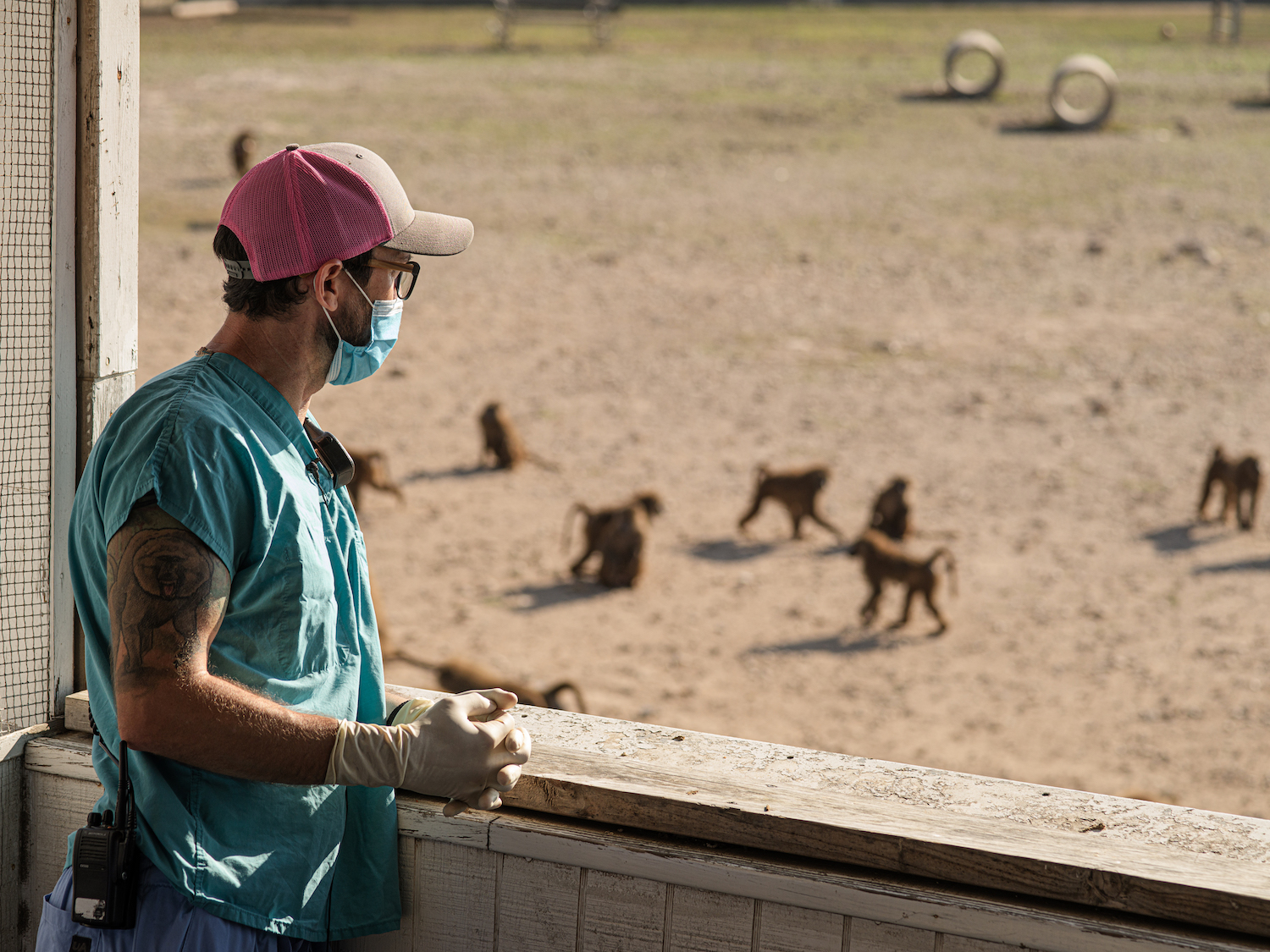Scientists, Veterinarians and Conservationists Offer Recommendations to Address the Shortage of Long-Tailed Macaques Required for Continued Health Advancements
August 1, 2023
Washington, D.C. – A coalition of 40 organizations representing the scientific, veterinary and conservation communities are partnering to advocate for the protection of long-tailed macaque monkeys – both in captivity and in the wild. Their recommendations seek to ensure the healthy continuation of this species within natural habitats and to protect future medical advancements that benefit humans and animals alike.
In regard to animals raised in captivity, a series of events in recent years have resulted in a global research supply chain shortage. The situation poses a severe and urgent threat to future biomedical progress. These issues include the recent, urgent demand for nonhuman primates to help combat the COVID-19 pandemic, along with China’s decision in 2020 to end long-tailed macaque exports.
At the same time, questions have recently arisen about the status of this species in the wild. Long-tailed macaque monkeys live in various countries around the globe including Vietnam, Cambodia, the Philippines, Indonesia and Laos.
In response to these current and ongoing challenges, a collection of non-profit organizations, professional societies and research organizations have developed recommendations to address both short-term and long-term concerns related to this respected and scientifically valuable species. Briefly summarized, these proposals are:
- A rapid expansion of nonhuman primate breeding capacity within the United States
- The initiation of comprehensive long-tailed macaque population studies throughout countries where wild long-tailed macaque populations exist.
- New and expanded international partnerships to initiate region-specific animal protection or mitigation strategies.
- Increased collaboration between the biomedical research community and international authorities that monitor and regulate animal use.
Collectively, these proposals seek to promote the protection of at-risk wild animal populations and ensure continued medical progress.
The full public statement, along with more detailed information about the four recommendations referenced above can be found at this link. The document concludes with a full list of all signers, which include nonprofit organizations, professional societies, academic research institutions and biomedical research companies. We encourage news outlets covering this important issue to broadly share this statement with the public.
About this press release:
This press release is being issued on behalf of the research community by three organizations dedicated to ensuring continued medical advancements using the best and safest methods available. They are:
Americans for Medical Progress
Americans for Medical Progress (AMP) is a nonprofit, health research advocacy group that supports the advancement of human and animal medicine through responsible and highly regulated research in animals. AMP informs the public through outreach events like Biomedical Research Awareness Day, news articles and various online and printed interactions. AMP is a 501(c)3 nonprofit supported by universities, research-related businesses, professional societies, foundations and individual donors.
Federation of American Societies for Experimental Biology
FASEB is comprised of 26 scientific member societies with 115,000 members, making it the largest coalition of biomedical research associations in the United States. FASEB’s mission is to advance health and well-being by promoting research and education in biological and biomedical sciences through collaborative advocacy and service to member societies and their members.
Foundation for Biomedical Research
The Foundation for Biomedical Research (FBR) is dedicated to improving human and animal health by promoting public understanding and support for biomedical research. Together with the National Association for Biomedical Research (NABR), FBR illuminates the essential role animal testing and research plays in changing health outcomes and defeating illnesses affecting both people and animals. FBR was established in 1981 and is headquartered in Washington, D.C.
# # #
